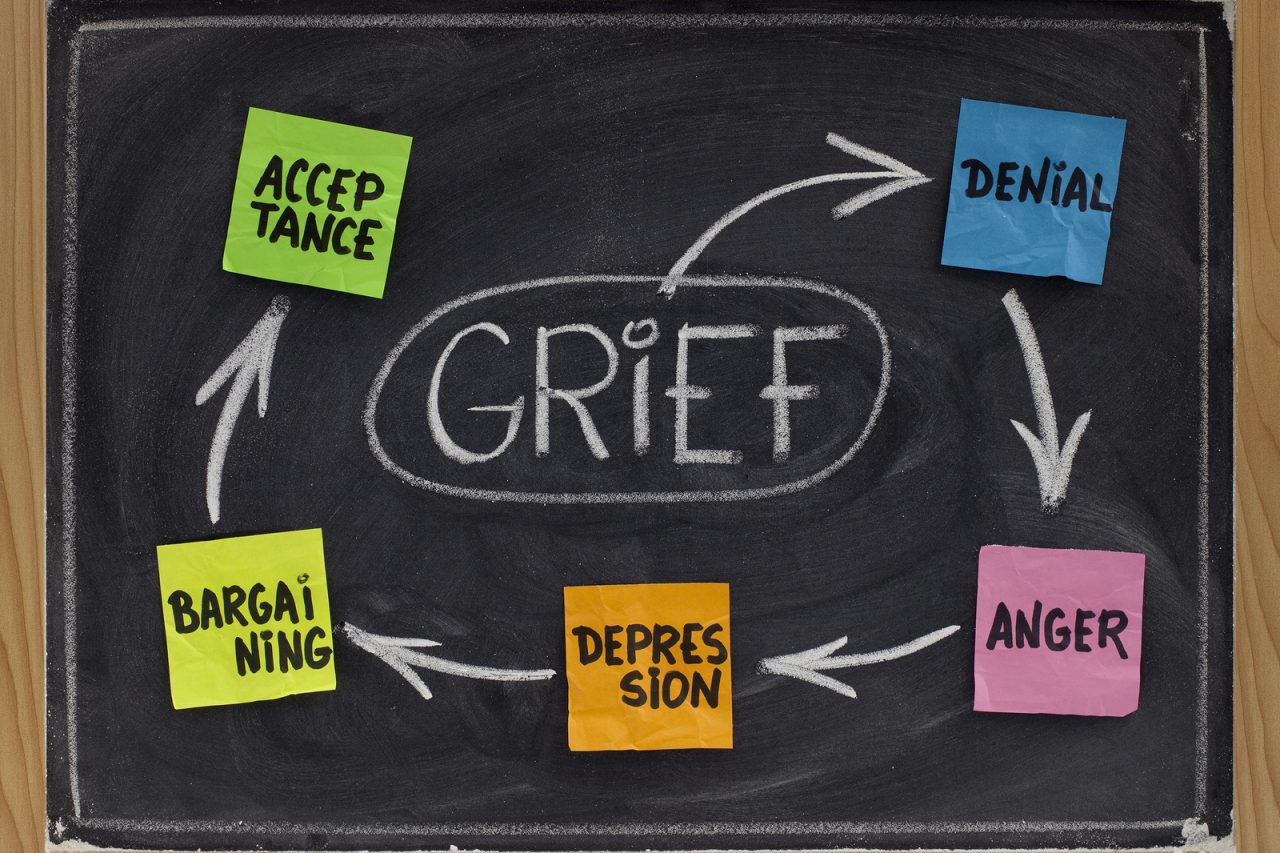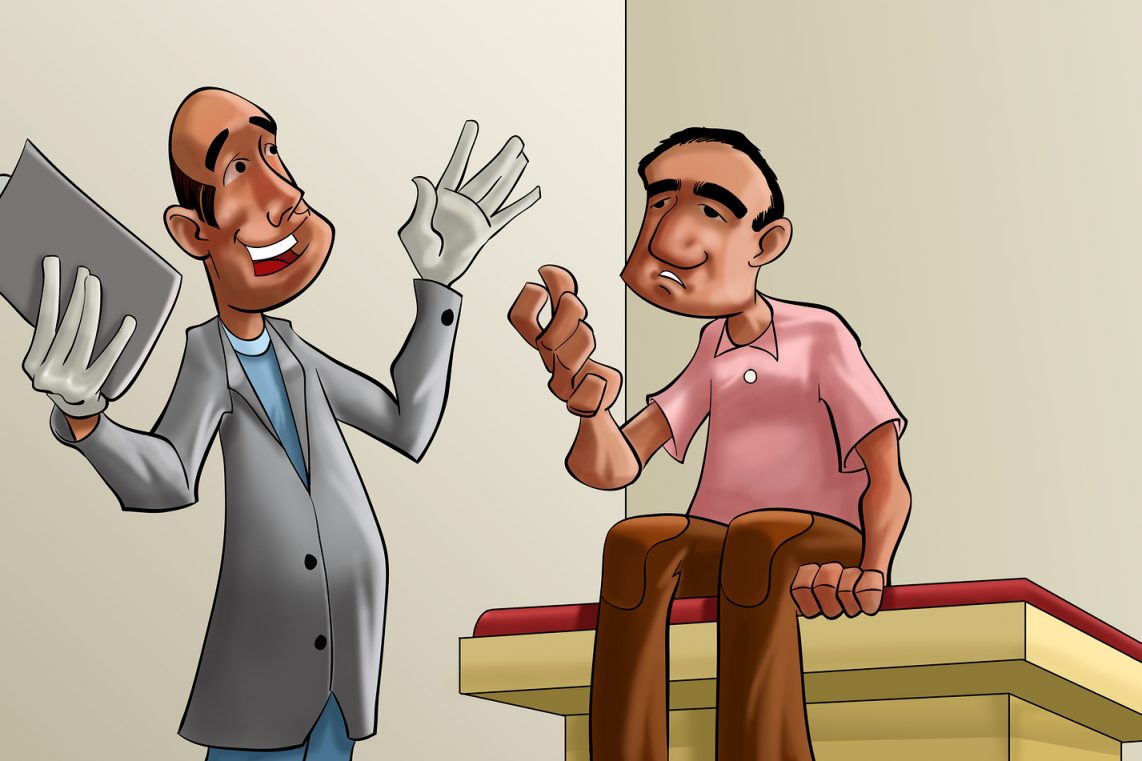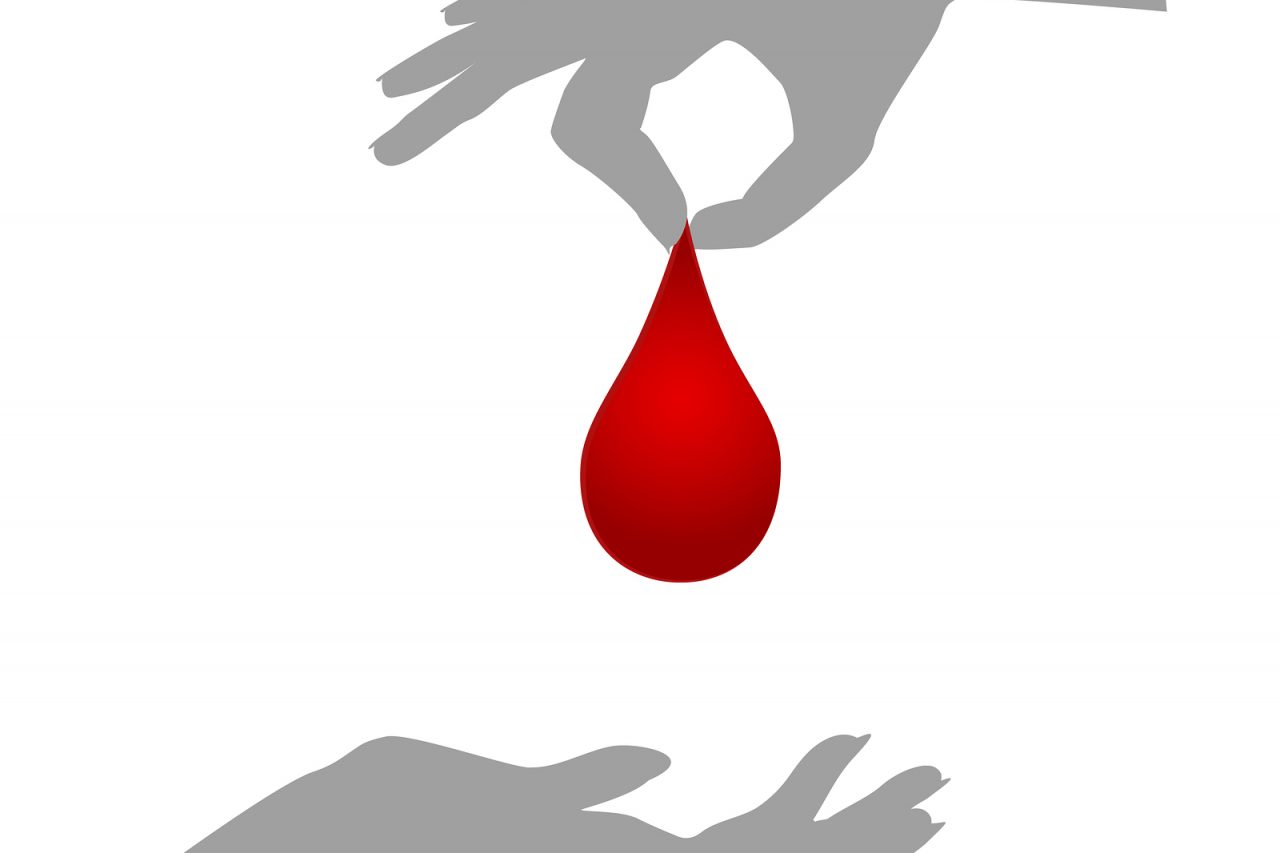Autonomous dissection by Internet. We all do it, but is taking an online medical selfie really a good thing? Disease, prognosis, and treatment explained in exquisite, exhaustive, confused, nonspecific and erroneous detail, which often yields the wrong diagnosis, recommendations for irrelevant therapy and wildly inaccurate conclusions, resulting in confusion and fear. Given this common reality, should patients avoid computer self-investigation entirely and leave e-research to the “professionals?”
The Bad
Patients, left to roam the wellness web world alone, frequently do not search for information about the correct diagnosis, stage or treatment, and may miss the “big picture” entirely. Witness the patient who arrived in my office devastated by a stack of printouts that “confirmed” her impending death from liver cancer. Actually, she had lymphoma, next to her liver, not a primary cancer of the liver, and her prognosis for cure was quite good.
Then there is the recent patient considering removal of both breasts because of her interpretation and e-investigation of a biopsy result, when actually she needed no therapy at all.
Legions of patients delay, resist or out-right refuse indicated and beneficial drugs, surgery or radiation, because of rambling e-data which does not apply to their situation or, if they actually do get the treatment correct, do not place the side effects of therapy in balance with the risk of their medical problem, if left untreated.
Finally, there are the e-predators, who sell or push bizarre ideas cloaked in scientific jargon, which lead individuals to make bad decisions and lose critical windows for life saving care, such as my patient who, coaxed by on-line marketing, received some sort of “enzyme treatment” which wiped out her sympathetic nervous system.
When trying to use an infinitely broad tool, such as online research, to interpret a complex personal medial problem, the risk of error is very high and decisions can be disastrously wrong, especially if the searcher lacks a sophisticated understanding of healthcare or biology.
The Good
The invaluable addition to medical care of personal online research, done in the quiet and peace of one’s home, is that you can study, consider and process new information, start to build an understanding of language, concepts and knowledge. A patient and family learn basic ideas, such as the role of chemotherapy verses radiation, or hormonal blockade verses immunotherapy, or gamma knife verses laser and start to become comfortable with the garble of jargon. Words like “neoplasm”, “neutropenia”, “metastasis” and “proton” become more familiar and it is easier to understand doctor-speak around an illness.
On-line, from other patients, you may get a feeling about the experience of dealing with the illness, such as the process of staging, monitoring or the steps in treatment, as well as common side effects. Knowing what to expect can be empowering. In addition, you may learn who are the experts and where you might go for care.
This online introduction results in better conversations with your doctors during each visit and over time. The physician’s role is to be guide and teacher. When the “students” have a rudimentary understanding of their illness and therapy choices, they ask better questions and likely understand the answers. Student-patients who take “e-Cancer 101” are much easier to advance to “Cancer 301” and make the best decisions.
Therefore, I am a great fan of Internet self-medical research, both at the beginning of the care path and at each point along the journey. It means a better chance of cure.
The Conclusion
Do Internet research about your medical condition and care. However, until you have a chance to review your newly obtained knowledge with your doc, remember that there is a real chance that your interpretation of your diagnosis, treatment choices, and especially prognosis, may be wrong and or at least not right on target.
Not all breast cancer is the same. Lung cancer treatment is highly variable. There are more than 50 forms of lymphoma. Radiosurgery is not surgery. Many are cured of Stage 4 cancer, but others die from Stage 1 disease. Pathology reports are often so complicated that even your oncologist may have trouble figuring it out, while you, using only a website, may become very confused.
While shared experiences are important, no one else, in any cancer chat room, is exactly like you. Study, learn and think … but share your discoveries with your doctor.
Use your explorations as a base, an elementary class. Print out information. Write notes. Absorb basic ideas. Do not make decisions, yet. Your doctor will be your personal guide, interpreting and adding to what you have learned. Until then, take a deep breath and keep some distance. While vast, the online world is not specific. Not everything on the Internet is true and little was written just for you.







6 Comments